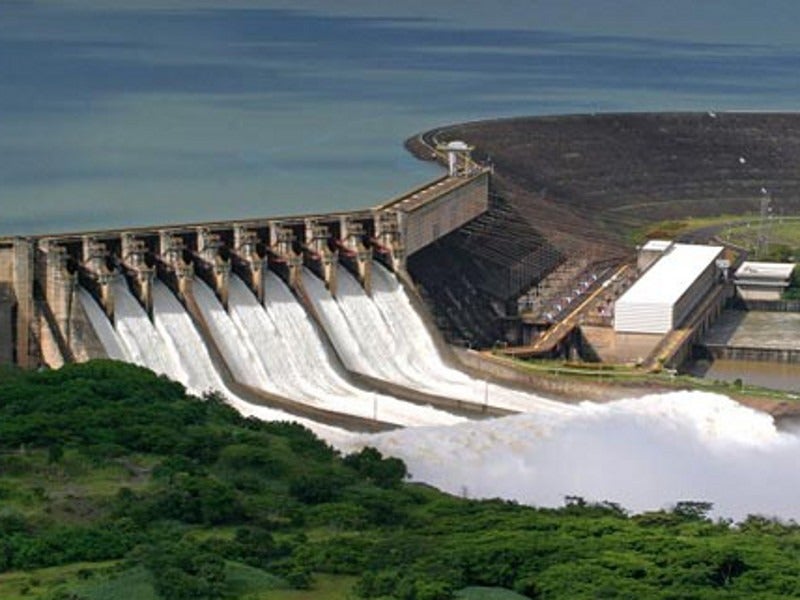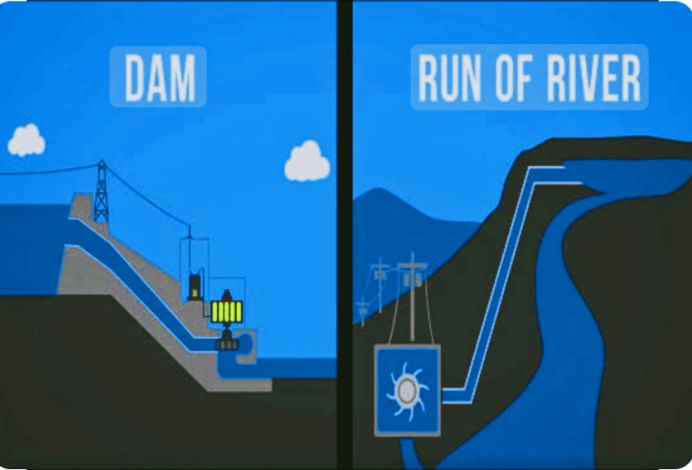
Run-of-river hydropower is generally considered more environmentally friendly than conventional hydropower for several key reasons:
1. Minimal Reservoir Creation
- Reduced Flooding: Run-of-river systems typically do not require large reservoirs, which means less land is flooded, preserving local ecosystems and habitats. This is crucial for maintaining biodiversity in riverine environments.
2. Lower Ecological Impact
- Natural Flow Regime: These systems tend to maintain more natural river flow patterns, which is beneficial for aquatic life, particularly for fish migration and spawning. By not altering the flow significantly, run-of-river projects can better support local flora and fauna.
- Habitat Preservation: With less land disruption, there’s a reduced impact on wildlife habitats compared to conventional dams that flood extensive areas.
3. Less Sedimentation Issues
- Natural Sediment Transport: Conventional dams often trap sediment in reservoirs, leading to reduced water quality and habitat degradation downstream. Run-of-river systems allow sediment to flow naturally, which is important for maintaining healthy river ecosystems.
4. Lower Greenhouse Gas Emissions
- Decomposition: Large reservoirs can lead to the flooding of vegetation, which decomposes and emits methane, a potent greenhouse gas. Run-of-river systems avoid this issue due to the lack of large flooded areas.

5. Community Impact
- Less Displacement: Conventional hydropower projects often require the relocation of communities due to the flooding caused by dams. Run-of-river projects typically have a smaller footprint and cause less displacement, leading to fewer social and economic disruptions.
6. Flexibility and Small Scale
- Modular Design: Run-of-river projects can often be developed on a smaller scale, making them more adaptable to local conditions and needs. They can be integrated into existing infrastructures with fewer environmental impacts.
Conclusion While run-of-river hydropower is not without its own environmental considerations—such as potential impacts from water diversion and construction—it generally poses fewer risks to ecosystems, communities, and river dynamics compared to conventional hydropower plants. This makes it a more sustainable option in many contexts, especially in sensitive or biodiverse regions.
Comments